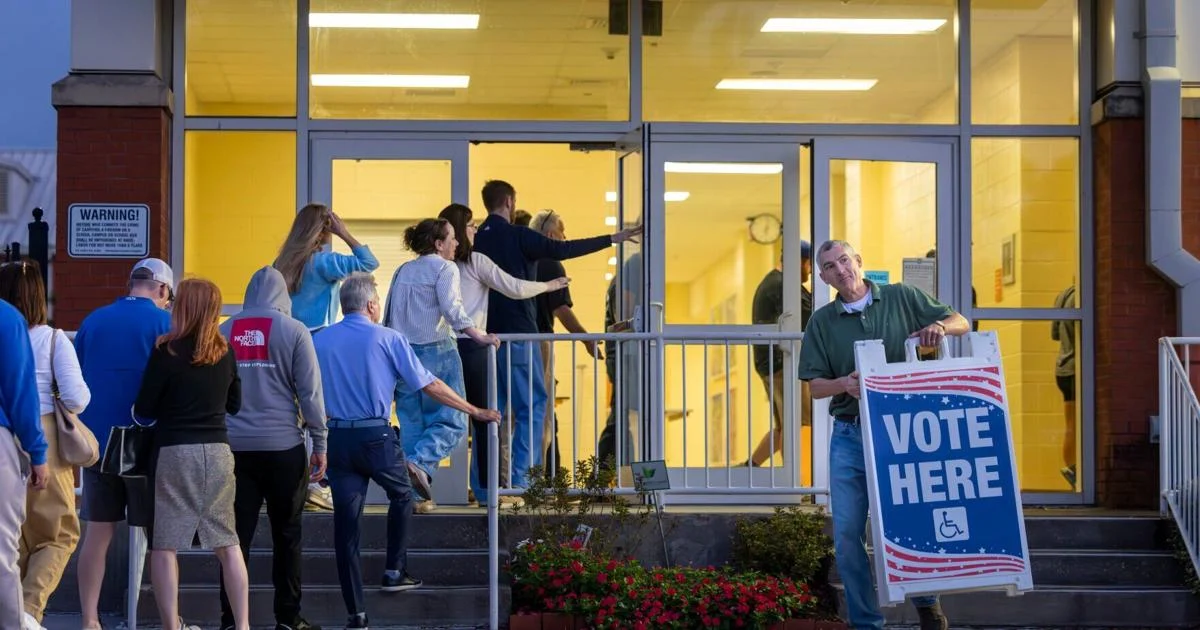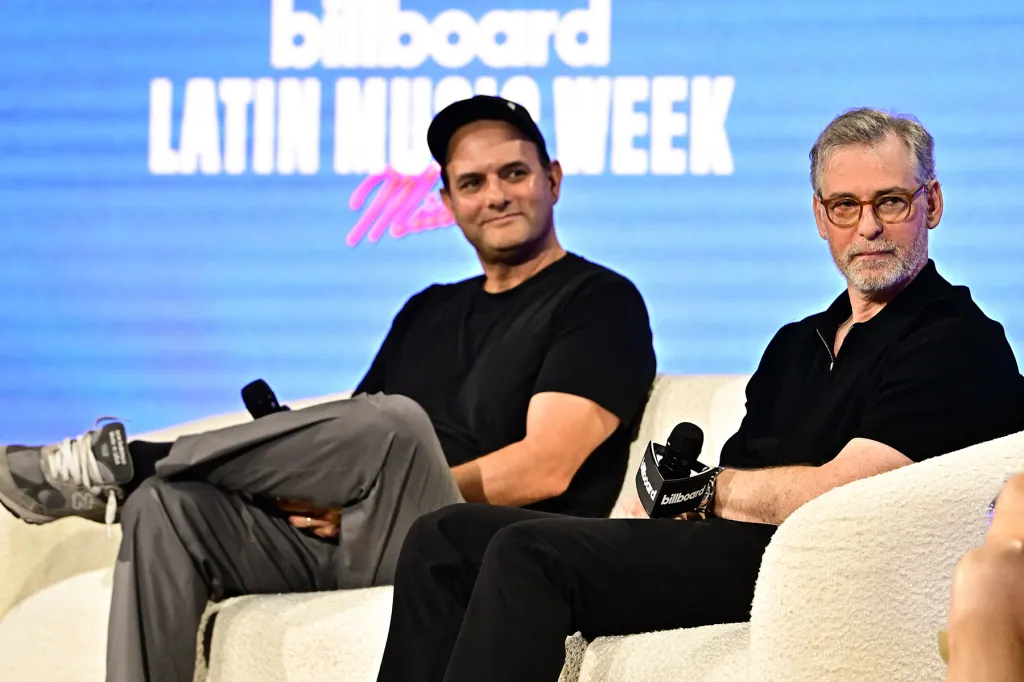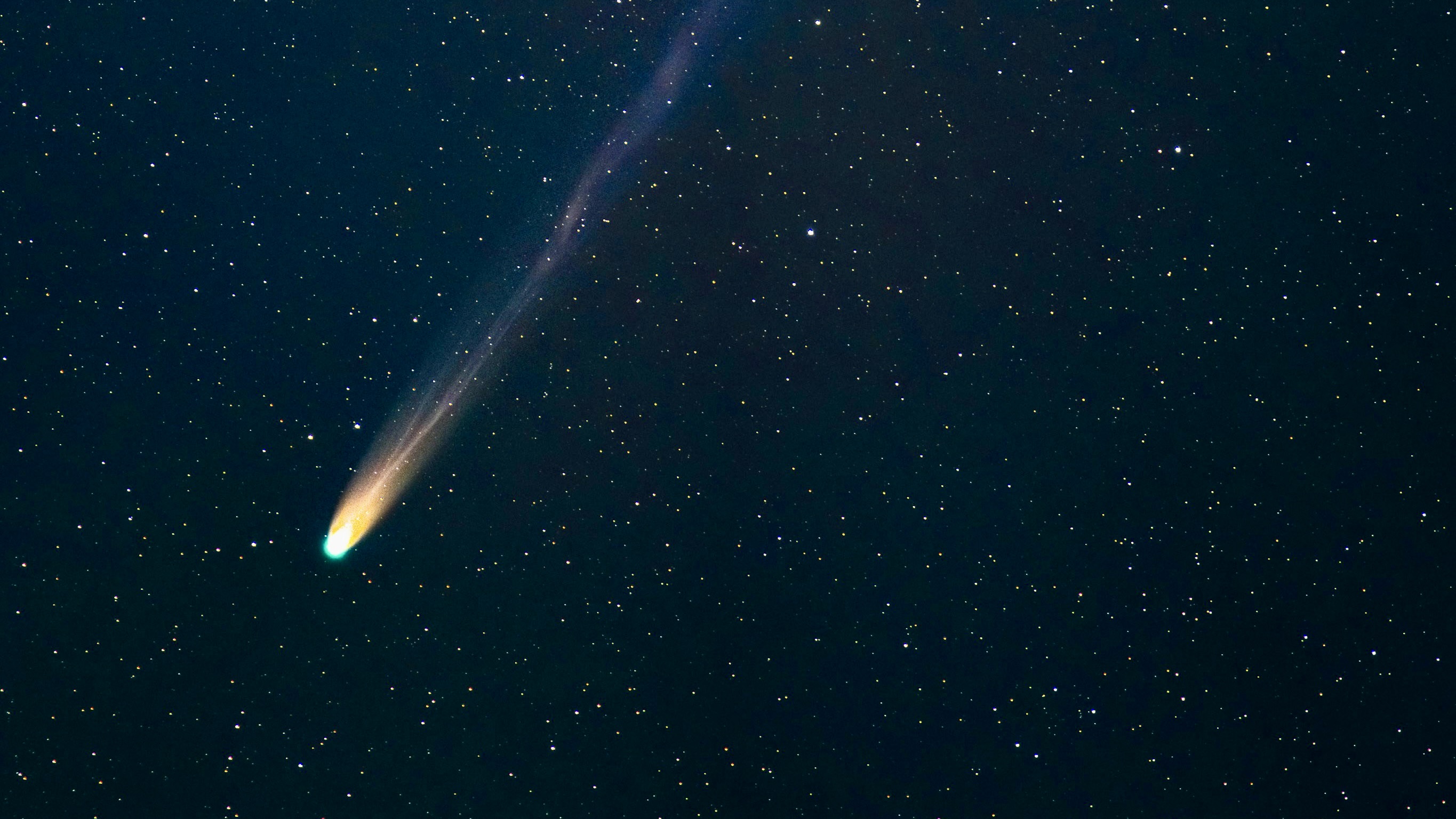Copyright Baton Rouge Advocate

When Louisiana votes next year in closed primaries for the first time, registered Republicans will vote for Republican candidates and registered Democrats will vote for Democratic candidates — and a large swath of unaffiliated voters will get to pick one party or the other. But some Louisiana Republicans aren’t happy with that system. They think that their party’s primary should be limited only to those who have signed up as a member of the GOP. “We shouldn’t be allowing anyone to come into our party, our organization who has chosen not to be part of it and have a voice," said Christy Haik, a conservative activist and member of the state party’s governing body. “A nonmember coming into this club and having a voice and a vote — how is that fair in any organization?” she said. On the other hand, some state leaders — including some Republicans — think completely closing primaries is a bad idea. Lt. Gov. Billy Nungesser, for years an outspoken advocate for Louisiana’s open primaries, said they draw a more representative, less extreme cross section of voters. Closed primaries, he argued, push candidates toward the far ends of the political spectrum. “The rhetoric is gonna get worse,” he said. When the Republican-controlled Legislature early last year approved closed primaries, lawmakers ultimately agreed to give unaffiliated “no party” voters the option to cast a ballot in either the Democratic or Republican primary. Now, the state Republican Party is resurfacing the debate, passing a resolution urging the legislature to reconsider the decision — and gearing up for potential legal action. “The first step would of course be to make the request to the Legislature,” said Republican Party of Louisiana Chairman Derek Babcock. “If the Legislature does not honor that request, then we’d have to file a lawsuit to close our primaries.” A change to primaries could have significant impacts on Louisiana politics. U.S. Sen. Bill Cassidy is trying to hold onto his seat in the 2026 midterm elections. But many Republican voters want to boot him out in favor of a candidate they see as more aligned with President Donald Trump’s Make America Great Again political movement. A running debate Since the 1970s, Louisiana has mostly held elections under an open “jungle” primary system, in which all candidates compete each other regardless of party, and voters regardless of their party affiliation can cast a ballot for any candidate. The state GOP for years has been pushing to close primary elections, however. That effort has at times revealed a fault line among Republicans here. Party activists and more right-wing candidates are often on one side, while those with more moderate leanings — or seeking the support of more moderate voters — are on the other. In the early weeks of 2024, after Gov. Jeff Landry took office, he quickly pushed for a switch to closed party primaries, in which Republicans and Democrats hold separate primary elections to choose their nominee to run in a general election. Landry succeeded in instituting closed primaries for U.S. House and Senate races and a few other major offices. But he compromised on an important part of the plan after U.S. Sen. John Kennedy helped broker a deal: Unaffiliated no-party voters get the choice to participate in either the Republican or the Democratic closed primary. Of Louisiana’s nearly 3 million registered voters, just over 800,000 are unaffiliated with a party. There are 1.08 million registered Democrats and 1.05 million registered Republicans. Republican Party weighs in The Republican State Central Committee on Saturday passed a resolution sponsored by Haik that asks the Legislature to prohibit no-party voters from casting a ballot in the 2026 Republican primary elections. It also declares that, falling short there, “it is in the best interest” of the party to “investigate taking appropriate legal action to ensure that the 2026 and all subsequent Republican Primaries are ‘Republican voters only’ primaries.” “We’re certainly not trying to leave people out,” said Babcock. “We just want Republicans picking Republican candidates.” Babcock said he’ll discuss the issue with lawmakers “between now and whenever the next session is called.” Both House Speaker Philip DeVillier and Senate President Cameron Henry said it would be up to the Legislature as a whole to decide whether to exclude unaffiliated voters from the closed party primaries, though Henry said he’d be “surprised” if lawmakers were ready to change the closed party system they approved so recently. “We just put it in place two years ago. I don’t know whether the Legislature has changed its thought on that yet,” Henry said. “I guess anything’s possible.” “I wouldn’t support it,” he added. The next regular legislative session is scheduled to start March 9. Babcock acknowledged that, as that primary draws closer, concerns about timing could become an issue. “If the Legislature denies the request to close the primary, then when litigation is filed to do so, I’m sure Purcell is gonna come into play,” he said, referring to an informal legal doctrine known as the Purcell principle, which discourages courts from changing voting rules close to an election date to avoid confusing voters. Secretary of State Nancy Landry, Louisiana’s chief election official, launched a campaign in September to educate voters about the new closed primary rules. In a statement, secretary of state spokesperson Joel Watson did not give the latest date a change could be made regarding no-party voter participation, but said, “Our office will work with the legislature to implement changes to the closed party primary process, provided the proposed changes are possible.” Watson noted the secretary of state didn’t take a position on closed primaries when they passed in 2024. “Our office continues to take no position on closed party primaries or the position taken by the Republican Party of Louisiana,” he said. How it could affect the U.S. Senate race Cassidy for years has been plagued politically by his 2021 vote to impeach Trump for his role in the Jan. 6 riots at the U.S. Capitol. Over the last several months, Cassidy has worked relentlessly to project alignment with the president. At the same time, a crowd of Republican opponents looking to unseat him next year has gathered, most of whom are wielding Cassidy’s impeachment vote against him and branding themselves either more MAGA or more truly conservative. LSU political science professor Robert Hogan said that, even under the current rules that allow unaffiliated voters to cast a ballot in the Republican primary, Cassidy faces a difficult path to reelection. “The vote to impeach President Trump is something the party activists can’t get out of their minds,” he said. If the rules change to limit the GOP primary only to registered Republicans, Cassidy would have an even smaller pool of voters to draw from, presenting an even greater challenge, Hogan said. Cassidy didn’t respond to a request for comment about the Louisiana GOP proposal to limit the 2026 primary to registered Republican voters. His opponents took varied stances on the issue. Louisiana Treasurer John Fleming, who is endorsed by the conservative group Haik leads, said unaffiliated voters shouldn’t have a say. “It should be Republicans that decide who their candidate is, not people outside the party,” Fleming said. “Republicans want to determine who their nominee is.” Louisiana Public Service Commissioner Eric Skrmetta said he’s “concerned about Louisiana’s new closed Republican Primary.” “For decades, conservative Democrats and independents have helped elect Republican leaders by voting their values,” he said in a statement. “Now, if modified, unless they formally declare as Republicans, they’re locked out of the GOP primary.” People like seniors won’t change their party affiliation just to vote in the primary, Skrmetta said. The Republican Party needs to take action to “welcome them into our big tent,” he said.



